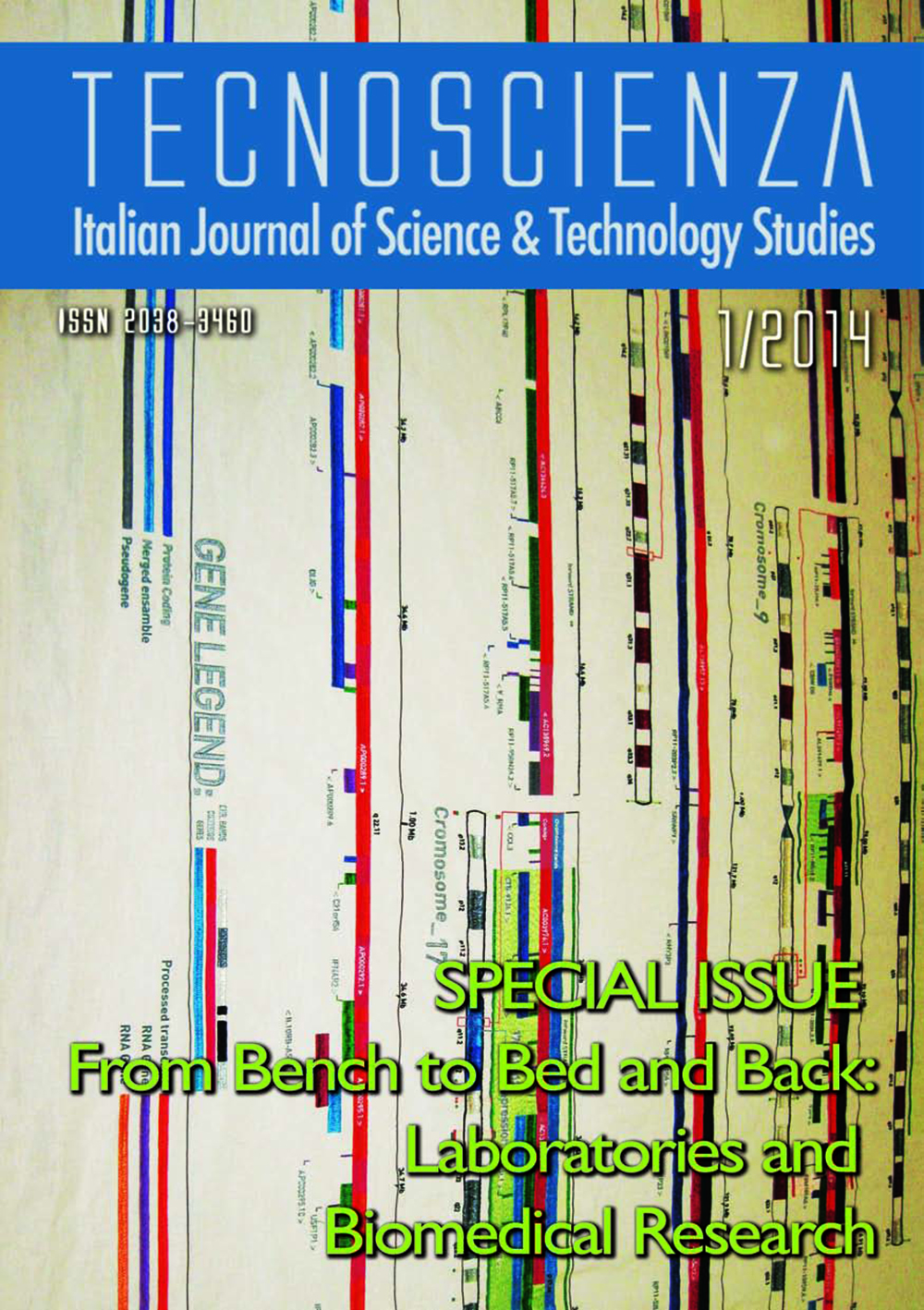The Role of Bioinformatics in Facilitating Translational Science and Medicine
DOI:
https://doi.org/10.6092/issn.2038-3460/17173Keywords:
bioinformatics, translational science, translational medicine, user-configuration, infovis, systems biologyAbstract
Significant challenges exist around the translation of the enormous amounts of data generated from large-scale gene and genome sequencing that has been facilitated by the Human Genome Project into tangible medical. Widespread acceptance exists within the biomedical research community about the role that bioinformatics will play in that translational process. While the goal of moving research from “the bench” into socially beneficially applications “at the patient’s bedside” has long driven science and technology policy, the picture is now more likely to resemble interactions between very powerful computers, and lab benches. Given the importance of bioinformatics, work presented here reports on a case study of a large Canadian scientific network that has developed a bioinformatics tool designed to facilitate investigations into gene-gene and gene-protein interactions and pathogenomics pathways. By focusing on this kind of bioinformatics system that facilitates a project’s own internal biomedical research and simultaneously serves as a free and open resource for a wider group of academic nonpeers, we advocated for a broadening of what translational science and medicine can and should entail. Furthermore, by highlighting the importance of movements between developers and a host of prospective users (and back again) we show how translational bioinformatics systems can be more effectively advanced.





